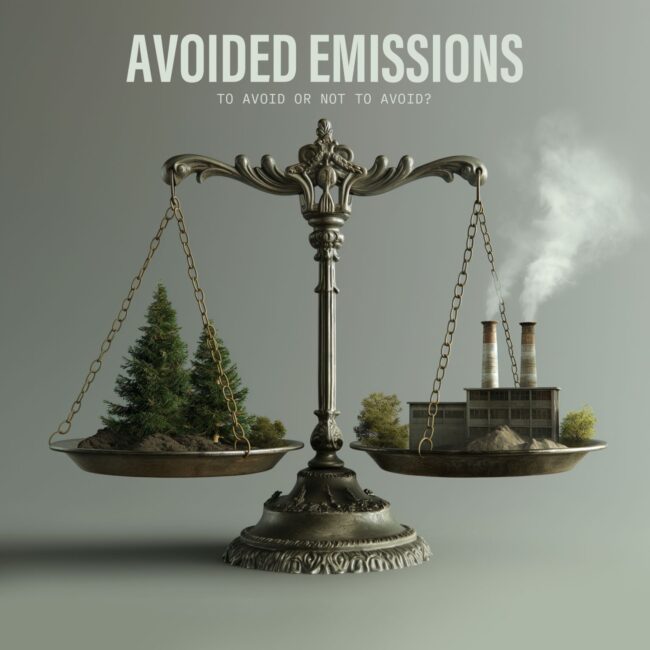To avoid or not to avoid?
This was the question circulating the hashtagBonnClimateConference last month.
Countries agreed to delay deliberating on whether ‘emissions avoidance’ would be eligible under Article 6.2 or 6.4 to 2028. For now, such activities are excluded under Article 6. Instead, the units must be emissions reductions or removals.
In 2024, we have the chance to dissect a key issue: what is the extent of ‘emission avoidance’ as provided at Bonn’s decision?
The hashtagVoluntaryCarbonMarket often uses ‘emissions avoidance’ and ‘emissions reductions’ interchangeably, or uses ‘avoidance’ to describe anything that doesn’t directly remove CO2 from the atmosphere.
While it might not matter for the VCM, this discrepancy could impact compliance markets, particularly over whether “avoidance” includes nature-based solutions or is limited to fossil fuels.
Let’s look at the options:
1️⃣ – Emissions avoidance: including nature-based solutions
The UNFCCC defines emissions avoidance as: “The displacement or prevention of greenhouse gas (GHG) emissions expected to be generated by planned GHG emitting actions in energy, transport, manufacturing, agriculture, human induced deforestation, and other GHG emitting development activities.”
Including “human induced deforestation” under ‘emissions avoidance’ and banning such projects from being traded under Article 6 could impact conservation activities under the UNFCCC’s Article 6 framework.
And there would be questions over what this means for CORSIA, which, to-date (Phase 1), is only accepting credits from ACR and ART TREES standards, predominantly tree-based projects of jurisdictional scale.
2️⃣ – Emissions avoidance: only including oil extraction activities
A definition suggested by Ecuador in relation to the Yasumi oil fields, and apparently what grounded the text suggestion in Bonn, has a tighter focus: “The policies and measures that explicitly forgo the opportunity to develop fossil fuels resources.”
This definition would remove concerns for CORSIA eligibility but presents issues for decarbonisation options for fossil-fuel based activities. Stakeholders could have less incentive to move to low-carbon technologies if the additional revenue from avoided emissions is not possible.
Negotiators at Bonn have decided to delay discussions to later this decade, but it’s important to remember this is a recommendation and not a final decision.
👉 The real decision will be made at hashtagCOP29.
Given the stark impact of each definition, this issue must get the attention it deserves.
Pedro Carvalho, Head of Policy and Markets, EcoSecurities
